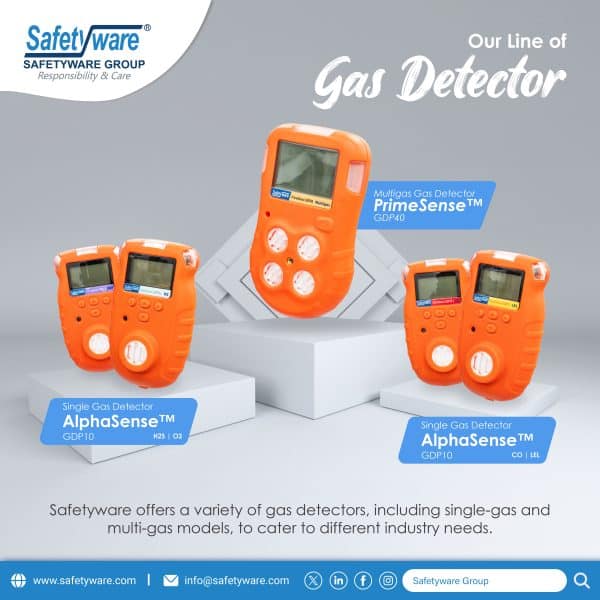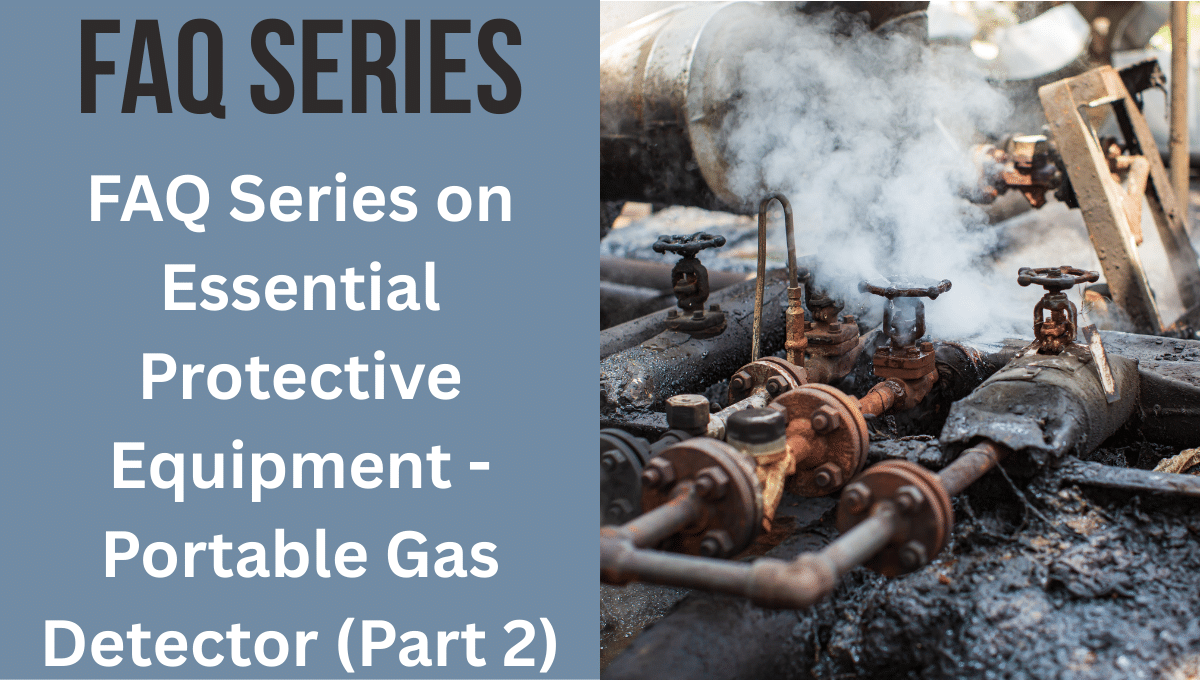What is a Bump Test, and How Often Should It Be Performed?
A bump test is a functional check to confirm that your gas detector’s sensors and alarms operate as intended. Specifically, this involves exposing the device to a known gas concentration to trigger an alert. Regular bump testing is essential because environmental factors, sensor drift, or physical damage can impair performance.
Frequency: To maintain reliability, perform a bump test daily or before each use. Additionally, note that a valid bump test result expires after 24 hours, ensuring continuous readiness in dynamic worksites.
How do I store Portable Gas Detectors
To extend your device’s lifespan, store it in a clean, dry, and temperature-controlled environment. Importantly, avoid extreme heat, cold, humidity, or exposure to contaminants, as these conditions can degrade sensors prematurely. Proper storage not only prevents false readings but also reduces long-term maintenance costs.
What should I do if my gas detector alarms?
When an alarm sounds, immediate action is critical. First, evacuate the area following your organization’s safety protocols. Next, identify the gas source using safe procedures. Finally, resolve the hazard and verify air quality before re-entry. Ignoring an alarm can lead to severe consequences, including health risks or operational downtime.
How to Ensure Accuracy in Gas Detection
To achieve consistent accuracy, adhere to three core practices:
- Regular calibration (as specified by the manufacturer).
- Daily bump testing to confirm sensor responsiveness.
- Routine maintenance, including cleaning and battery checks.
Without these measures, sensors may fail to detect hazards, compromising workplace safety.
Do you provide training on the usage for my workers?
At Safetyware, we offer certified training programs tailored to portable gas detector operation. Our sessions cover device handling, alarm response, and troubleshooting. Upon successful completion, participants receive certificates, ensuring compliance with safety standards and simplifying audit processes.
How much does a portable gas detector cost?
Portable gas detector prices vary widely, depending on factors such as detection capabilities, sensor types, and durability. For example, basic single-gas models start at RM500, while advanced multi-gas detectors with extended features can cost up to RM20,000. Ultimately, investing in the right device balances budget and risk mitigation.
Choosing the Right Portable Gas Detector
When evaluating options, prioritize devices that align with your workplace hazards and operational needs. Key considerations include:
- Gas types: Ensure the detector covers all relevant hazards (e.g., CO, H₂S, methane).
- Sensor technology: Electrochemical sensors excel for toxic gases, while infrared suits combustible gases.
- Battery life: Opt for long-lasting batteries to avoid mid-shift failures.
- Certifications: Intrinsic safety (IS) ratings are mandatory for explosive environments.
Additionally, prioritize user-friendly interfaces and audible/visual alarms for swift hazard recognition.
Elevate Safety with Proactive Gas Detection

By integrating regular bump tests, proper storage, and thorough training, organizations can maximize gas detector reliability. At Safetyware, we combine cutting-edge technology with expert support to help you meet safety standards effortlessly.
Explore Safetyware’s range of gas detectors today—or contact us to schedule a customized training session for your team.
Find Other ?
View & download the catalogue HERE
Any Questions? Contact Us:
📩 Email: [email protected]
🌐 Website: www.safetyware.com
📞 Contact us: WhatsApp

